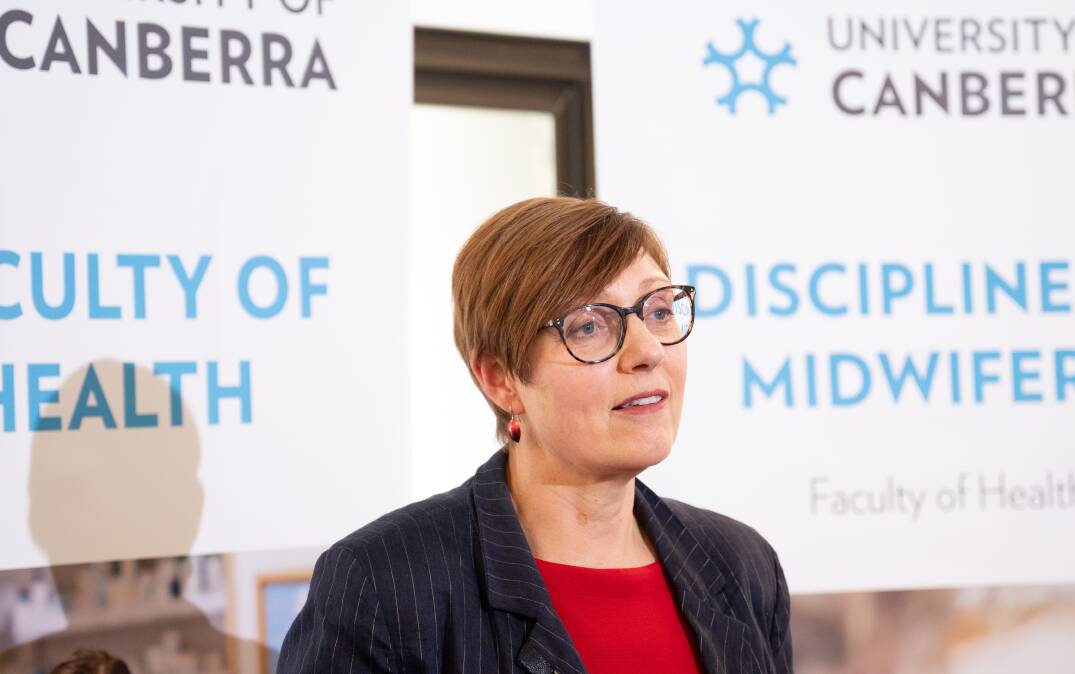More than 200 health students have taken up an offer of financial support from the ACT government to help them with cost-of-living pressures.
Nursing, midwifery and allied health students in Canberra are eligible to receive $3000 a year and a support payment of up to $1000 when they are undertaking work placements.
Health Minister Rachel Stephen-Smith announced the policy last year in response to feedback from health students who expressed the need for financial support during placements.
She said while other states, such as NSW and Victoria, had offered financial incentives for people to start degrees, students had reported wanting greater support through their studies.
"While other jurisdictions were talking only about scholarships for commencing students, we were really listening to that feedback about placement poverty," she said.
Ms Stephen-Smith announced on Wednesday that more than 200 students had been approved for the $3000 cost-of-living payments and more than 50 placement support grants had been approved.
The payments apply to students studying at the University of Canberra and the Australian Catholic University.

The payments are only able to go to about 280 students. Universities said last year when the scheme was announced they would be prepared to ask the government for more funding if necessary.
University of Canberra faculty of health deputy dean Jennie Scarvell said "placement poverty" was an issue and these payments helped students. She said a majority of the support payments were for students undertaking placements more than 21 days.
"Most of our students work. They work to support themselves, they work for their cost of living, they work to pay their rent. When we send them out to placements they have to stop work for that period or they try and commute back at weekends or they're trying to work part-time in the evenings while they're on placement so fatigue becomes a really big issue for them," she said.
"It's really important they're at the top of their game out on placement. We don't want them fatigued, we want them to be able to concentrate and not to worry about it."







